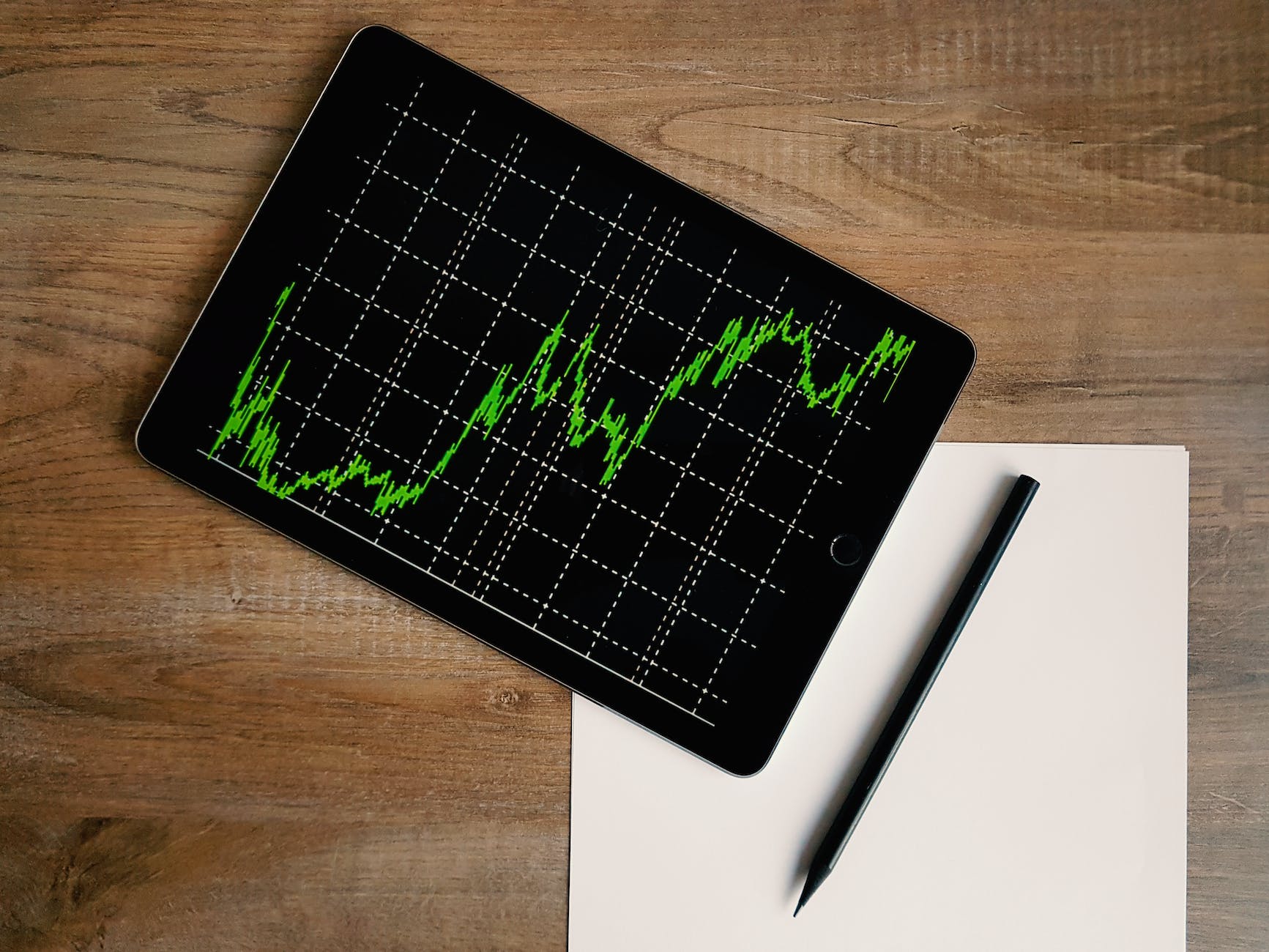If you are considering opening a stock brokerage account, you should know a few things. Each account is different, so read the fine print and understand the fees and restrictions before signing up. Brokerage firms offer a variety of investment products, so you can choose the one that best meets your needs.
What is a stock brokerage account, and what can it be used for?
A stock brokerage account is an account that allows you to buy and sell stocks. Stocks are a type of investment product that represents ownership in a company. When you buy shares of a company, you become a shareholder. As a shareholder, you have the right to vote on corporate matters and receive dividends if the company pays them.
There are two types of stock brokerage accounts: Full-service brokerages offer more than just the ability to buy and sell stocks. They also provide research, advice, and other services. Discount brokerages, as the name implies, offer lower commissions than full-service firms but don’t provide other services.
How do I open a stock brokerage account?
The process of opening a stock brokerage account is relatively simple. You’ll need to provide personal information, such as your name, address, and Social Security number. You may also be required to submit financial documents, such as bank statements and tax returns. Once your account is open, you’ll need to deposit money into it before you can start buying stocks.
What are the risks associated with a stock brokerage account?
There are several risks associated with a stock brokerage account. The most common is the risk of losing money. When you invest in stocks, there’s always the potential that the value of the stock will go down. It is known as market risk. There’s also the risk that the broker will go out of business, and you’ll lose access to your account. It is known as broker risk. Finally, there’s the risk that you’ll make bad decisions and end up losing money. It is known as investor risk.
How to buy and sell stocks using your brokerage account
When placing an order, you’ll also need to specify how many shares you want to buy or sell. For example, let’s say you want to buy 100 shares of XYZ Corporation. It is known as a round lot. Some brokers also allow you to buy or sell odd lots, which are less than 100 shares.
Once the order is placed, it will match with another order from another investor, and the trade will execute. The price at which the trade is executed is known as the trade price. The trade price may differ from the market price or the limit price, depending on the type of order you placed.
After the trade is executed, the stock will deposit into your brokerage account. You can then hold onto the stock for as long as you want or sell it at any time.
To sell a stock, you’ll need to place a sell order. There are two types of sell orders:
A market order- is an order to sell a stock at the current market price. For example, let’s say you own shares of XYZ Corporation, and the current market price is $10 per share. If you place a market order, you’ll sell your shares for $10.
A limit order- is an order to sell a stock at a specific price. For example, let’s say you own XYZ Corporation shares and place a limit order for $9 per share. It means you’re willing to sell your shares for $9, but no less. If the stock price falls to $8 per share, your order will fall, and you’ll sell your shares for $8 per share. However, your order will not fill if the stock price rises to $10 per share.
Once your order is placed, it will match with an order from another investor, and the trade will execute. The price at which the trade is executed is known as the trade price. The trade price may differ from the market price or the limit price, depending on the type of order you placed.
After the trade is executed, the shares will be removed from your brokerage account and deposited into the account of the other investor.

